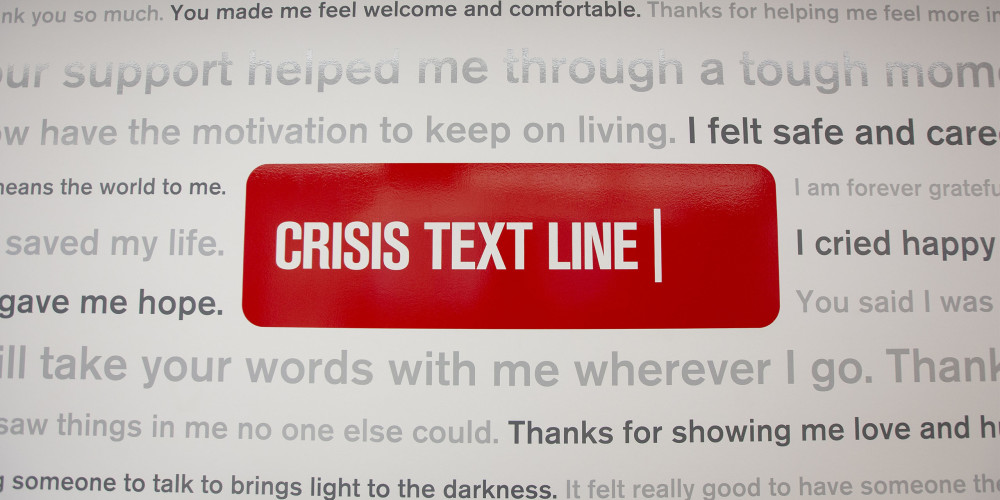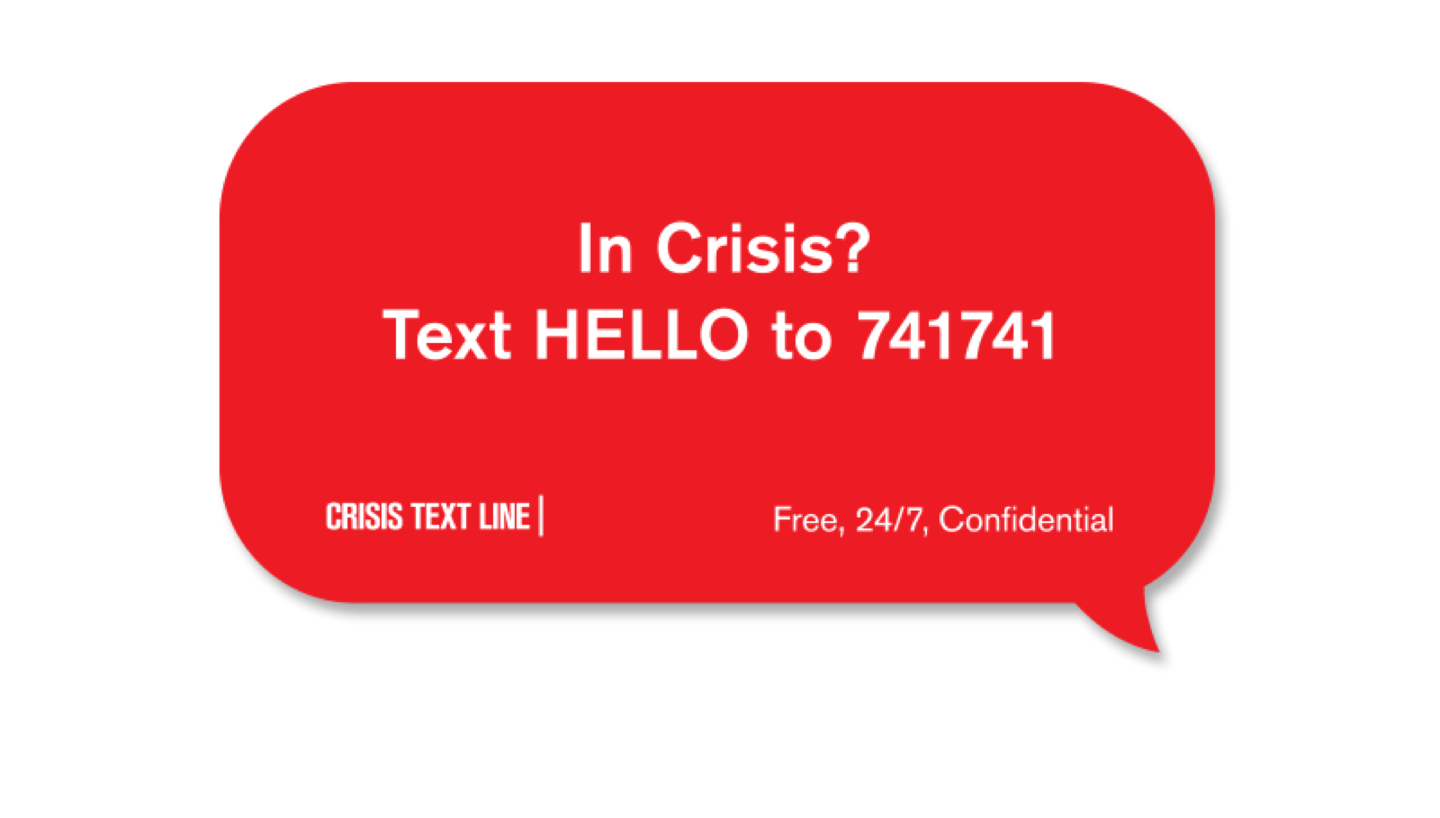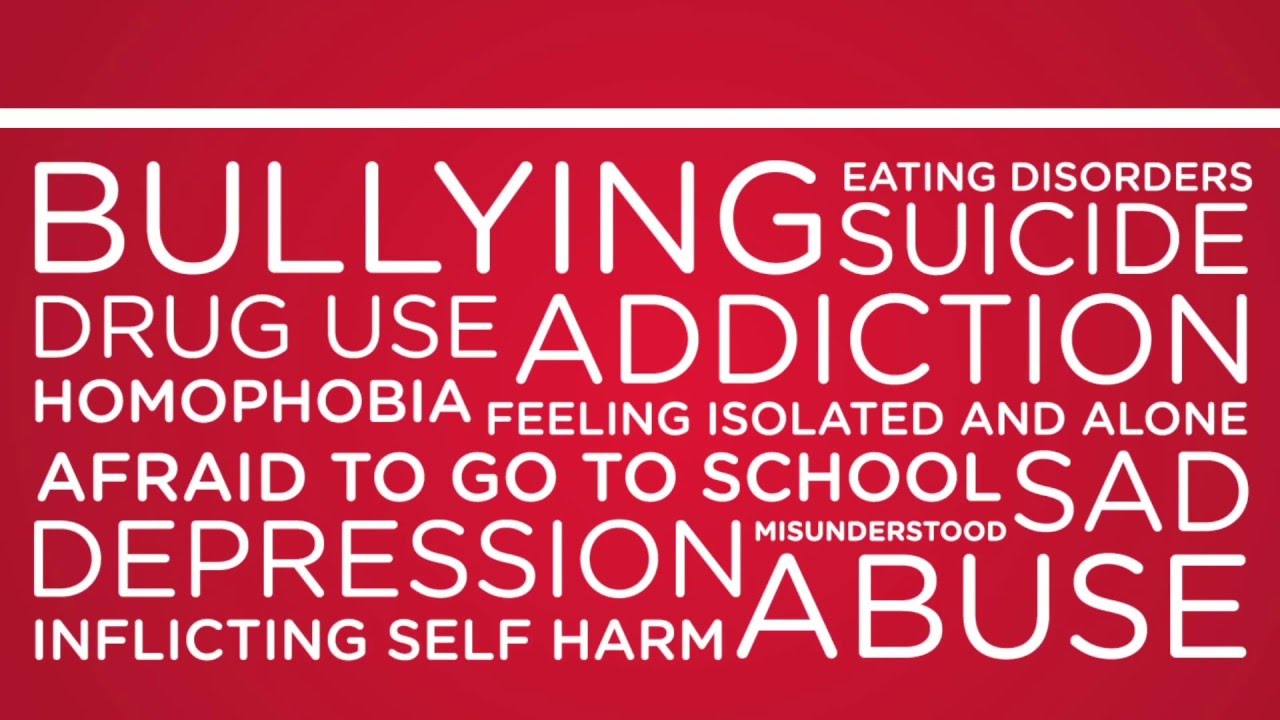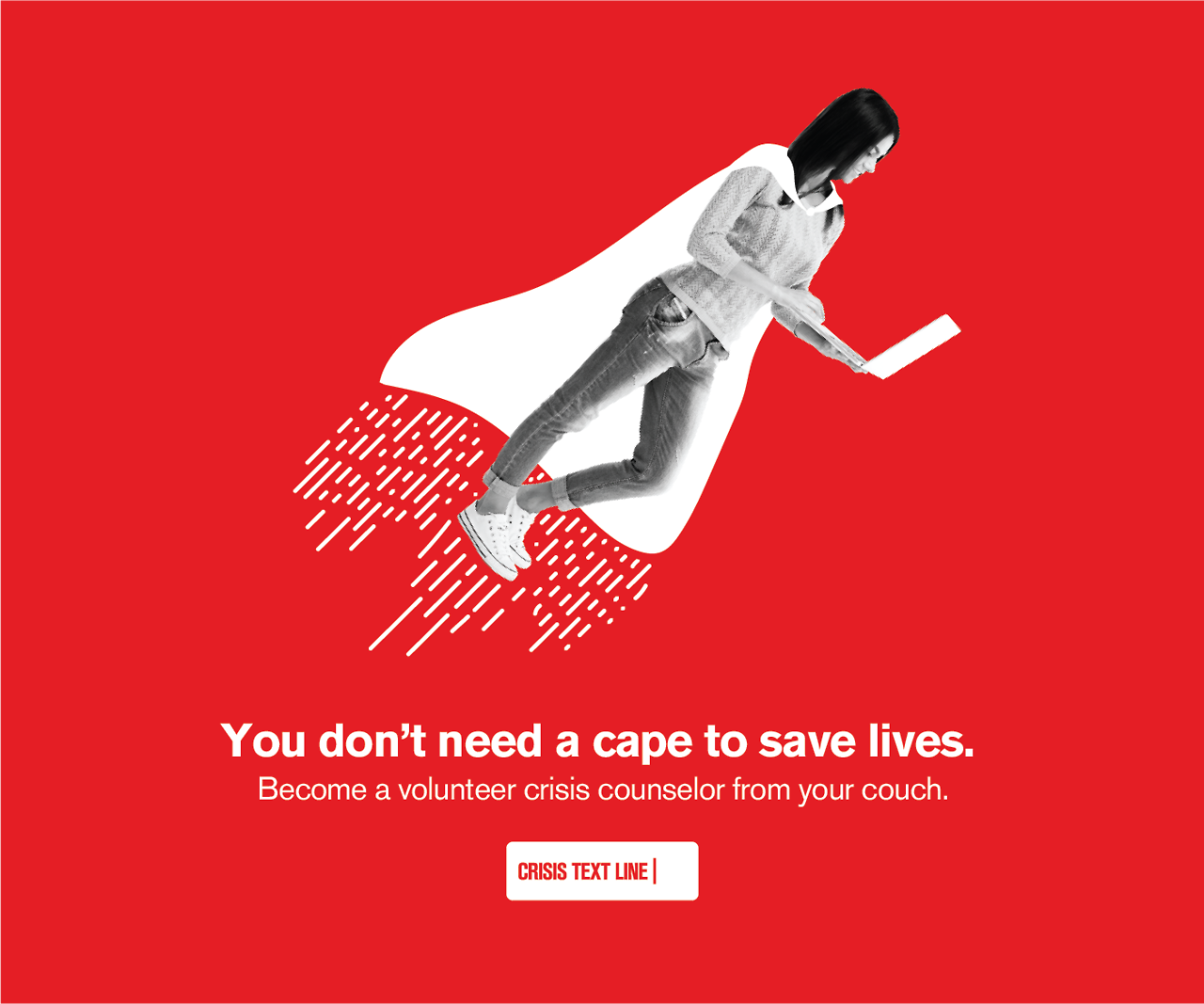Nancy Lublin has built and led some of the world’s most innovative and impactful nonprofits, including DoSomething.org, Dress for Success, and most recently, Crisis Text Line, a platform that provides free, 24/7 text message-based crisis intervention globally. Nancy’s many awards and honors include Forbes’ “Trailblazer Award” and Fast Company’s “Fast 50 Award.” She’s been named a World Economic Forum “Young Global Leader,” the Social Entrepreneur of the Year by the Schwab Foundation, one of the NonProfit Times’ 50 Most Powerful Leaders three years in a row, and one of the top 50 Influencers on LinkedIn.
With over 118M+ text messages processed through Crisis Text Line, Nancy is applying her data-driven learnings to the corporate world. Her new for-profit venture, Loris.ai, is using machine learning to teach companies and leaders how to better handle everything from performance reviews to firings, layoffs, and diversity and inclusion.












